Artificial Intelligence (AI) is no longer a futuristic concept; it has become a powerful force that is reshaping various industries, including digital marketing. By automating processes, analyzing large sets of data, and personalizing customer experiences, AI is revolutionizing how businesses interact with their customers and make strategic decisions. This blog explores the ways AI is transforming digital marketing and how businesses can leverage this technology to stay ahead of the competition.
1. Personalization at Scale
One of the most significant impacts of AI in digital marketing is its ability to deliver personalized experiences at scale. In the past, personalizing marketing content for each customer was time-consuming and expensive. However, AI can analyze vast amounts of data from various sources, such as browsing history, purchase behavior, and social media activity, to create highly personalized content for individual users.
For example, AI-powered algorithms can segment audiences based on their preferences and behaviors, allowing marketers to tailor their messages to specific groups. This level of personalization increases the chances of engagement and conversion, as customers are more likely to respond to content that resonates with their interests.

2. Predictive Analytics and Data-Driven Decision Making
AI has brought predictive analytics to the forefront of digital marketing, enabling businesses to make more informed decisions. By analyzing historical data and identifying patterns, AI can predict future trends and consumer behavior. This capability allows marketers to anticipate customer needs and optimize their campaigns accordingly.
For instance, AI can predict which products a customer is likely to purchase based on their past behavior and recommend those products in targeted ads. This data-driven approach helps businesses allocate their marketing budgets more effectively and achieve higher returns on investment (ROI).

3. Chatbots and Customer Service Automation
AI-powered chatbots have become a staple in digital marketing, providing instant customer support and improving user experience. These chatbots can handle a wide range of customer queries, from answering frequently asked questions to assisting with product recommendations. By automating customer service, businesses can provide 24/7 support without the need for human intervention.
Moreover, AI chatbots can learn from interactions and improve over time, becoming more adept at handling complex queries. This not only enhances customer satisfaction but also frees up human agents to focus on more critical tasks, such as handling escalations or providing personalized assistance.

4. Content Creation and Optimization
AI is also making its mark on content creation and optimization. While human creativity is still essential, AI tools can assist in generating content ideas, writing copy, and optimizing content for search engines. For example, AI-powered platforms can analyze top-performing content in a specific niche and suggest topics or keywords that are likely to perform well.
Additionally, AI can optimize content for SEO by analyzing search engine algorithms and recommending changes to improve rankings. This includes optimizing meta tags, headers, and keyword density. By leveraging AI in content creation and optimization, businesses can produce high-quality content that resonates with their audience and ranks well on search engines.

5. Enhanced Advertising Strategies
AI is revolutionizing digital advertising by making it more targeted and efficient. Programmatic advertising, which uses AI to automate the buying and placement of ads, has become increasingly popular. AI algorithms can analyze user data in real-time to determine the best time and place to display ads, ensuring that they reach the right audience at the right moment.
Moreover, AI can optimize ad creatives by testing different variations and identifying the most effective ones. This continuous optimization process leads to better-performing ads and higher conversion rates. Businesses can also use AI to create personalized ad experiences, such as dynamic ads that change based on the viewer’s preferences or behavior.

6. Voice Search and Natural Language Processing
Voice search is becoming more prevalent, thanks to the rise of AI-powered virtual assistants like Siri, Alexa, and Google Assistant. As more consumers use voice search to find information online, digital marketers must adapt their strategies to optimize for voice queries.
AI plays a crucial role in this shift by enabling natural language processing (NLP), which allows machines to understand and interpret human language. Marketers can use AI to optimize their content for voice search by focusing on conversational keywords and providing concise answers to common questions.

7. Customer Journey Mapping and Optimization
Understanding the customer journey is essential for effective digital marketing, and AI is making this process more precise and actionable. AI can analyze customer interactions across multiple touchpoints, from initial awareness to final purchase, and create detailed customer journey maps. These maps help marketers identify pain points and opportunities for improvement in the customer experience.
By leveraging AI, businesses can optimize each stage of the customer journey, ensuring a seamless experience that leads to higher conversion rates. For example, AI can identify where customers drop off in the sales funnel and suggest strategies to re-engage them, such as personalized email campaigns or targeted ads.

8. Sentiment Analysis and Brand Monitoring
AI-powered sentiment analysis tools allow businesses to monitor how customers feel about their brand in real-time. By analyzing social media posts, reviews, and other online content, AI can gauge public sentiment and identify potential issues before they escalate.
This real-time feedback loop enables businesses to respond quickly to negative sentiment and address customer concerns. It also provides valuable insights into customer preferences and opinions, which can inform future marketing strategies. By staying attuned to customer sentiment, businesses can maintain a positive brand image and build stronger relationships with their audience.

9. Fraud Detection and Security
AI is also playing a crucial role in enhancing security and fraud detection in digital marketing. With the increasing prevalence of digital ad fraud, such as click fraud and bot traffic, businesses need robust solutions to protect their investments. AI-powered tools can analyze patterns and detect anomalies in real-time, helping businesses identify and prevent fraudulent activities.
For example, AI can monitor ad campaigns for suspicious activity, such as a sudden spike in clicks from a specific IP address, and take action to block fraudulent traffic. This not only saves businesses money but also ensures that their ads are reaching genuine users.

10. Continuous Learning and Adaptation
One of the most significant advantages of AI in digital marketing is its ability to learn and adapt continuously. Machine learning algorithms can analyze new data and update their models accordingly, ensuring that marketing strategies remain effective in a constantly changing environment.
This continuous learning process allows businesses to stay ahead of the competition by quickly adapting to new trends and consumer behaviors. For example, AI can identify emerging keywords or topics in real-time, allowing marketers to create content that aligns with current interests.

Conclusion
Artificial Intelligence is transforming digital marketing in ways that were once unimaginable. From personalization and predictive analytics to content creation and customer service, AI is empowering businesses to deliver more effective and efficient marketing strategies. By embracing AI, businesses can stay ahead of the curve, improve customer experiences, and achieve better results in their marketing efforts.
As AI technology continues to evolve, its impact on digital marketing will only grow, making it an indispensable tool for businesses of all sizes. Those who invest in AI-powered solutions today will be better positioned to thrive in the competitive landscape of tomorrow.






